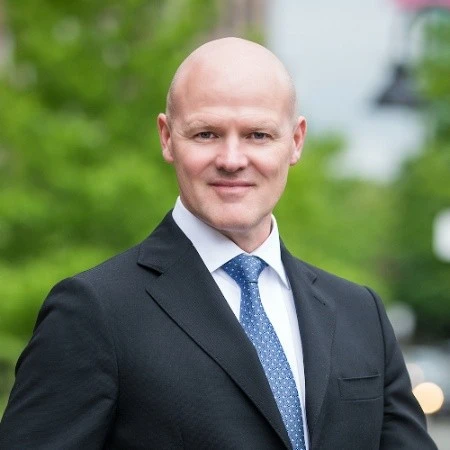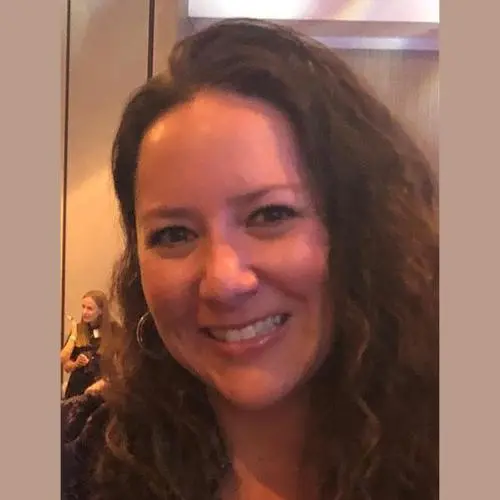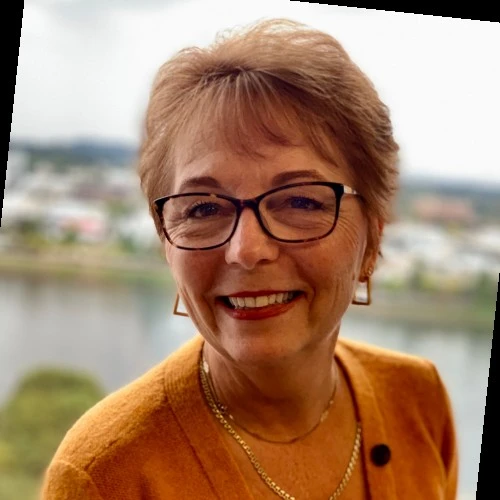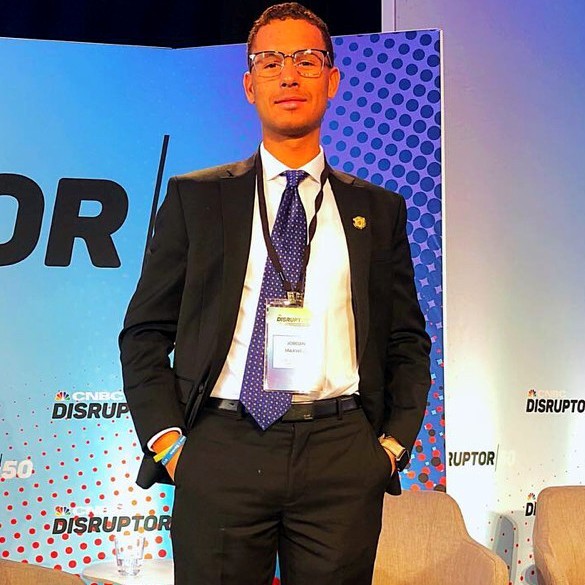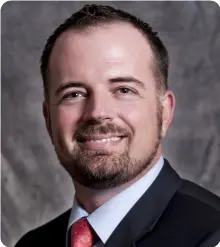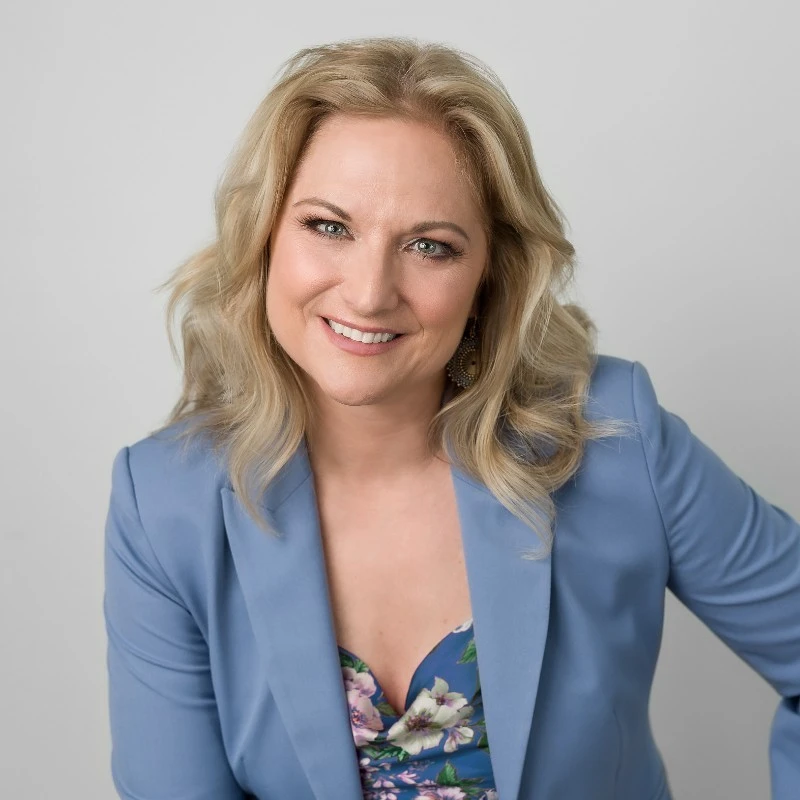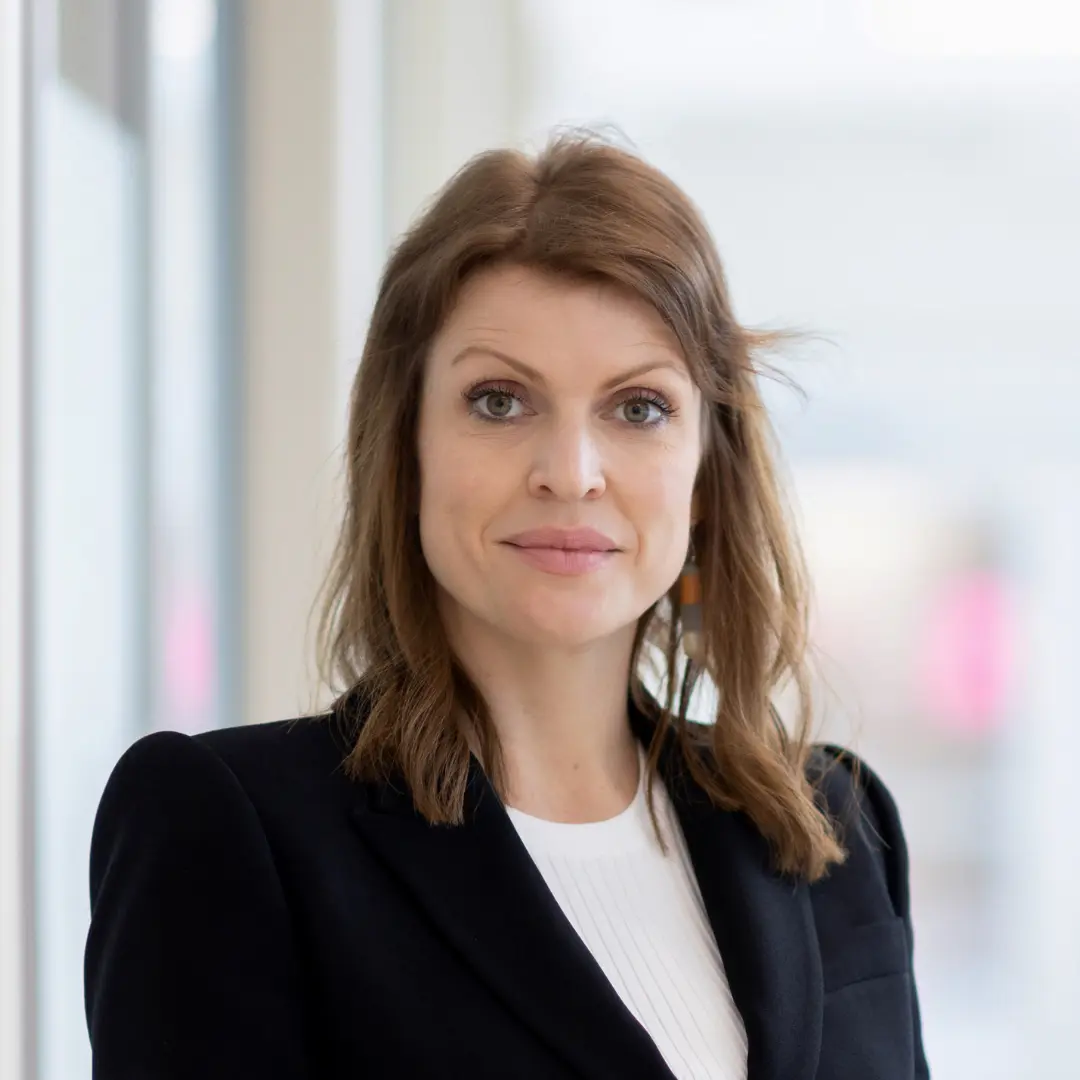Social Media and It’s Impact on Happiness
Social Media and It’s Impact on Happiness
Hi, this is Paul Krismer, your happiness expert, and I have a great video for you this week all about social media. I’ve talked a lot about social media’s negative impacts in the past, but I thought I’ve never really done a video specifically about this topic. There’s a lot of research that’s been done historically, but even some very good research that’s been done during the pandemic. That once again is simply showing in a convincing way that despite our increased usage of social media during the pandemic, it’s resulted in decreased quality of mental health. So, we’re going to talk a little bit about that science and then also show a few ways that we can use technology to our advantage to actually increase our personal happiness and reduce the risk of poorer mental health. So, stay tuned, coming right up.
As a coach, public speaker, and best-selling author, I teach topics just like this one all around the world. So, stay tuned and I’ll give you practical tools that you can use to make both yourself and those around you both happier and more successful. Yeah, so you’re not at all surprised to hear that social media is associated with decreased mental health. There’s a couple recent studies that I really tuned into and thought particularly powerful, and David will link those in the description below. The general bottom line, overwhelming evidence is that the more we use social media, the greater our likelihood of depression. We increase depression with social media use. One interesting study showed that by simply getting off of Facebook for as little as one month was associated with increased happiness and lower depression. So, that’s just clear evidence and I think we all intuitively know it.
You know, there’s this idea of kind of “doom scrolling” where we get on social media and we passively consume either outraged political commentary or shocking stuff from the people in the media, unfavorable social comparison. Looking at all the beautiful people doing all the wonderful activities that they’re doing, we’re getting these little artificial snippets of their lives, and we can’t help but comparing it to our own lives and going, “Oh, this isn’t so great. I wish I could be more like these people on social media.” And so, it’s not surprising at all given that that’s the way that we consume social media, that for the most part, it’s really bad for our mental health. But there are subtleties to all of this, and mostly that’s associated with whether we’re using the social media tools passively or actively.
You know, by passive consumption, I mean that we’re just doing that doom scrolling. We’re getting on social media and hours can go by where we’re just looking at content that other people have provided. Whereas active social media use, by comparison, is when we’re posting our own pictures, writing little blogs, messaging people in the direct messaging in various apps. And all of those active uses of social media are associated with decreased depression. So, active usage is great, but the reality is that 80% or more of our consumption of social media is passive and for many, many of us, that’s the only kind of consumption we have, is just looking at other people’s postings. And that stuff is clearly associated with poorer mental health.
So, one of the other things that we’ve talked about before on this channel, and which makes perfect sense, is that it’s the quality of genuine human connection that matters. We need other people. We’re tribal by our evolutionary background. We were meant to be in communities where we’re closely linked with other people, typically by kin relationships, where we cared for people, and there was a genuine connection and we felt we had mutual interest. And all of those things that were true of our ancient tribal heritage are true today. So, the more we sync with people, feel connection, genuinely caring, and they care for us, that’s the standard of quality social connection we need.
And it does not mean that it cannot happen in social media, of course it can, it just generally does not. Overwhelmingly, it does not. So, we need to use our technology wisely, and this maybe means a few things. You know, I think during the pandemic I’ve mentioned it before that I set up a Sunday morning Zoom call with all my extended family. So every Sunday morning at 11 a.m my time, people connect on Zoom, and we have a conversation about what’s going on in our lives. A very healthy, effective use of technology. You might want to use your social media to organize in-person gatherings, or play board games, or get involved in your community, or connect with meetups, to things that people are doing that are of interest and cause genuine social connection. You might also want to set a timer and simply say, “I’m going to only spend 20 minutes per day.” That’s probably more than enough on social media and the first thing I’m going to do every time is post something actively. And then, whatever remaining time you have on social media, you can consume other people’s postings. But setting that limit is going to help you not get overwhelmed by the endless doom scrolling. And then finally, you know, maybe the best recommendation of all is just get off social media. Spend as little time as possible there and as an alternative, get outside in nature where the research is overwhelmingly clear, it’s good for our mental health. That’s it for this week. If you like the kind of content, please like the video and share it with your friends and family so that more people get this kind of content. Thanks for watching. We’ll see you next week. Bye for now.




